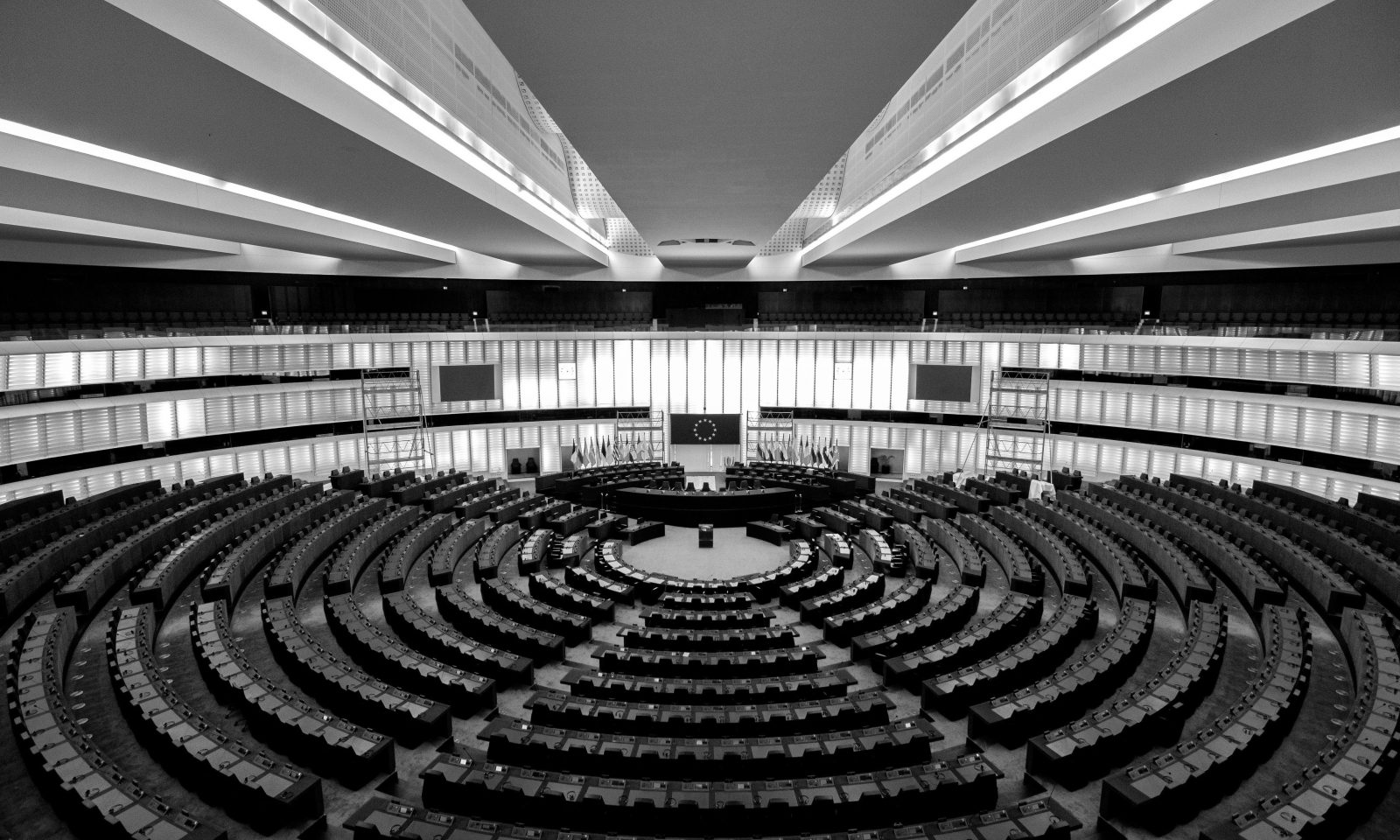JURI Committee approves the Proposal for the Directive
On 26 February 2019, JURI Committee on Legal Affairs approved the text of the Proposal for the Directive on copyright in the Digital Single Market, despite the protests on the streets.
The Proposal was approved with 16 votes in favour and 9 votes against. It is now on the MEPs to say their final word on the faith of the Directive. This is expected to take place on the plenary session of the European Parliament between 25 and 28 March 2019.
Despite some positive aspects the Directive, its overall assessment remains negative (more about this here). Especially the exception for education, which has been the main focus of IPI as the legal adviser of the Ministry of Education, Science and Sport, lost some of its positive aspects in the trilogue:
– according to the newest proposal, the member states could prevent the teachers to benefit from the exception when licenses are easily available on the market,
– museums and libraries, performing educational activities, will not be able to benefit from the exception,
– each member state will be able to define the extent to which a work can be used.
The listed changes will narrow down the exception for education and will not facilitate the work of teachers in the classroom, even less will it stimulate cross-border educational activities and the harmonization of the exception in EU, which should be the the purpose of the Directive.
The Grand Board of the European Union Intellectual Property Office (EUIPO) finally ruled that the figurative sign ‘COVIDIOT’ cannot be registered as an EU trademark.
The 4th Open Knowledge Day took place on Tuesday 17 October 2023, with an accompanying workshop on 18 October 2023. This year it was organised by the Open Data and Intellectual Property Institute (ODIPI) and supported by Knowledge Rights 21 (KR21).
We invite you to the fourth Open Knowledge Day and the workshop, which will take place this year within the framework of the programme and with the support of Knowledge Rights 21. The event will bring together experts from different European countries to discuss two topics: the first part will deal with the legal basis for data analytics, which is a key part of machine learning and related artificial intelligence, and the general exception for research. In the second part, open science in theory and practice will be presented both in Slovenia and in some Western Balkan countries. Representatives of research and educational institutions from Slovenia and the Western Balkan countries, as well as interested members of the public, are invited to attend.
Dr. Maja Bogataj Jančič, a renowned expert in copyright law, has joined the Berkman Klein Center for Internet & Society at Harvard University, where she will serve as an affiliate researcher for the next two years.





